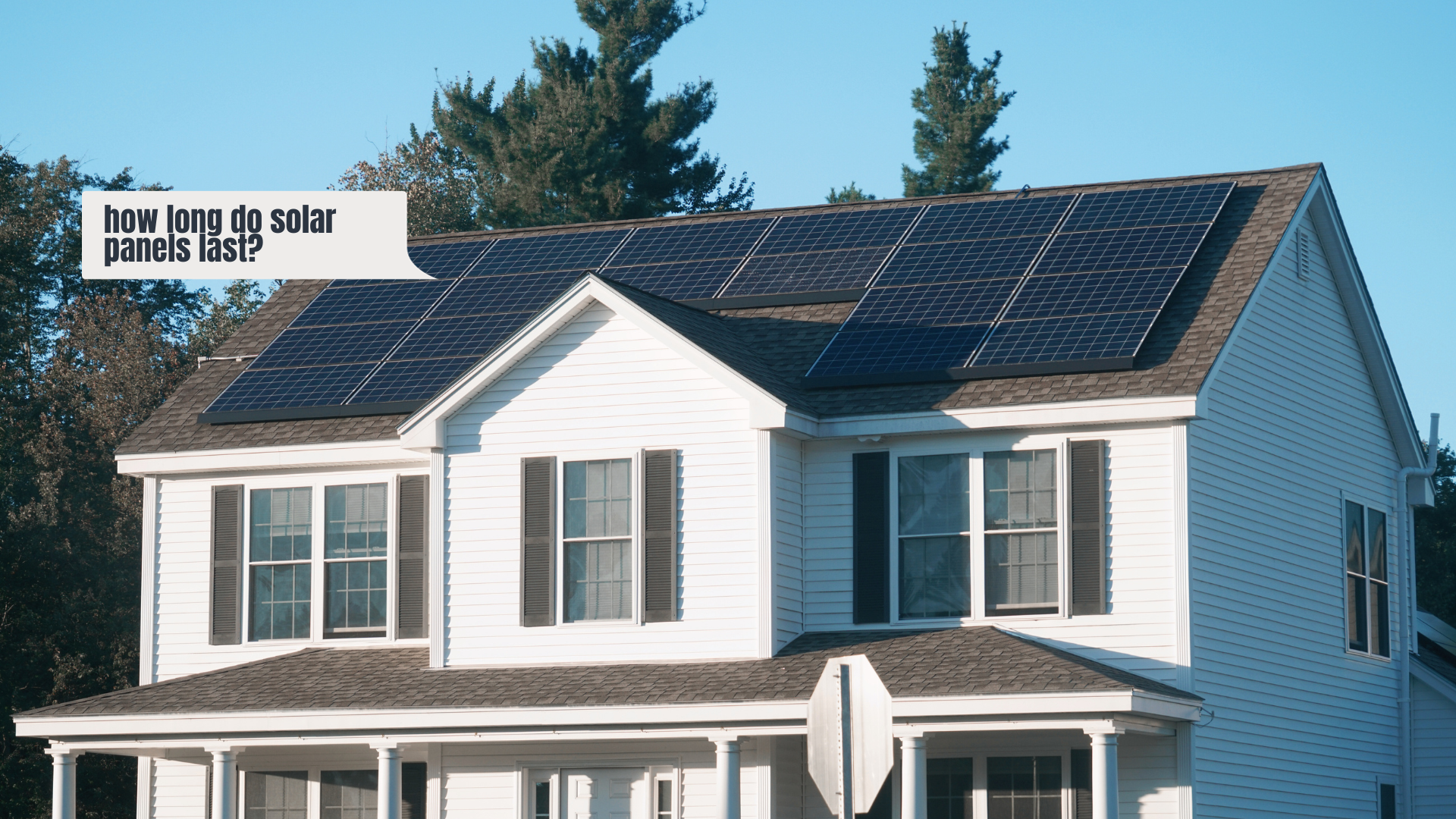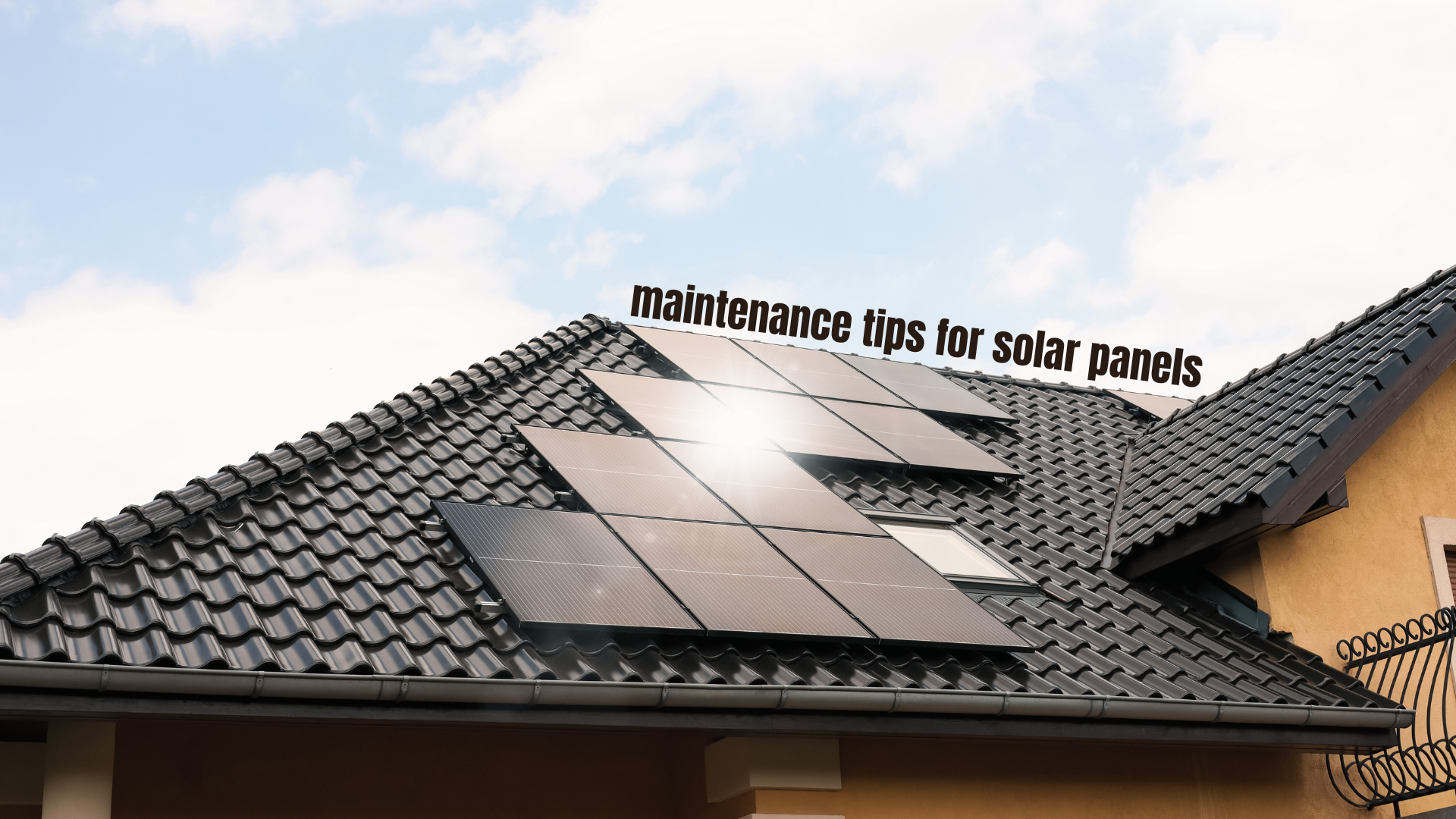Solar panels, also called PV panels, are expensive and are exposed to harsh weather conditions, which could affect their performance after a few years. Considering the large initial cost, you may want to know if your solar panels lifespan will show a good return on investment. Various factors are outlined in this post to show you what you need to know about the degradation of panels.
A solar panel's lifespan generally lasts 25 years, except for a few brands prone to production errors and using poor quality material. Panels are rated with a tier system; a Tier One panel is rated the highest and a Tier Three the lowest. A panel loses 10% of its generating capacity over 20 years.
Before you invest in PV panels, you must understand how long they will last. There are many different panels, and their life span depends on certain factors that make some better. Generally, panels will produce energy for many years, although there is an exception to the rule I will discuss in the post.
The Lifespan of Solar Panels

The solar energy industry has improved the technology and longevity of panels to a point where they perform at optimal rates for decades. Panels installed in the 80s still generate sun energy with minimal capacity loss after 40 years. Like all manufactured products, you should know that some panels last longer than others due to the quality of manufacturing and products used.
Solar panels, also known as PV panels, have undergone various improvements over the past 20 years, and generally, high-end brands can last upwards of 25 years. Reliability and longevity are why most manufacturers back their products with extensive guarantees and warranties to showcase their effectiveness and performance.
Factors like wind, hail, and lightning can affect the lifespan of PV panels, and manufacturers design them to withstand harsh weather conditions. Despite the quality of most panels, unforeseen circumstances may cause a panel to be damaged, leading to poor performance.
There is also a misconception regarding the PV panel's lifespan, and many think that after it has worked for several years, it stops working completely. Solar panels work at an optimal rate when it is new, and only after many years do they gradually start producing less energy. The production loss on panels is minimal, especially if maintained; it could last a lifetime.
Which Solar Panels Have the Longest Lifespan?
The solar panel industry is extremely competitive, and every brand fights to get their product acknowledged in the solar energy market. Price, performance, and quality are the main factors manufacturers focus on, leading to various brands focusing on one or all three aspects.
Some manufacturers cut on quality, performance, or both to produce less expensive products, leading to panels that do not last as long. To ensure consumer satisfaction, the Bloomberg New Energy Finance Corporation (BNEF) created a panel rating system to grade their quality. Bloomberg's rating system is divided into three categories known as the one-, two-, and three-tier solar panel rating system.
Tips to Make Solar Panels Last Longer
Generally, PV panels require little maintenance, but you can do a few things to ensure you get the best performance and the most out of your solar system.
The installation process plays a vital role in a panel's life expectancy. All the components are together with a racking system and, if not properly secured, could cause damage, especially with high winds. Another factor to consider is nearby trees, which could throw falling leaves that will cover the panels, and even branches can damage them.
Cleaning PV panels ensures optimal energy production. Whether it is a tree's leaves, mist from the ocean, or general dust that forms patches when it rains, you must regularly clean your panels. Inspecting your panels when you clean them will help you discover any problems you can fix before they become an issue.
Factors that Affect Solar Panel Lifespans
Extreme weather conditions, poor installation, and poor quality can all impact the lifespan of a PV panel. Here are some factors that will affect the lifespan of a panel:
Quality
The tier system is the best quality indicator, and a Tier One panel carries a longer manufacturer guarantee. Companies who provide a 12-year and upwards guarantee stand by the quality of their product, which should give you some assurance.
Installation
Using qualified, experienced, and professional installers is vital to a panel's lifespan. Panels are attached to a racking system, which holds everything together, and a poor installation will leave it vulnerable to extreme weather conditions. Installers do maintenance checks to ensure everything works and to identify possible issues.
Climate
Extremely hot areas are known to affect a panel's longevity, but other factors to consider, like ocean mist, hailstorms, lighting, humidity, and strong winds, can reduce a panel's lifespan.
Maintenance
Any debris accumulating can cause sun blockage and scratch or chip PV panels, reducing lifespan. Regularly cleaning your panels will prevent these factors from affecting the panel's ability to generate power and allow you to inspect it.
What is Solar Panel Degradation Rate?
It takes a long time for a solar panel's energy production to decrease, and the calculation process is called the degradation rate. The National Renewable Energy Laboratory (NREL) conducted panel degradation tests and found that their power-producing ability diminishes by about 0.5% annually. Using the data from the NREL shows a loss of 2.5% after five years and only 10% over 20 years.
Considering that after 20 years, your PV panel still operates at 90% capacity, it could provide energy for a lifetime if maintained properly. Most manufacturers provide a 90% power production guarantee, although there are exceptions that must be outlined in the contract. A manufacturer will replace a panel within their guaranteed parameters, and you must confirm the panel's specifications.
Final Thoughts
If properly maintained, solar panels last many years and should only lose about 0.5% of their energy-generating ability annually. The reduction of only 10% over 20 years makes PV panels a great investment, but you must consider the manufacturer before investing in their panels. (Related article: Home Solar Panel Cost & Consumer Guide)


